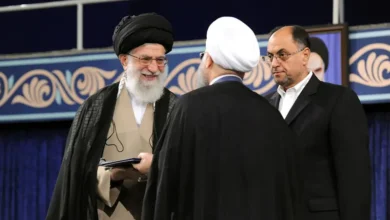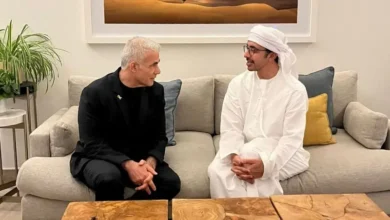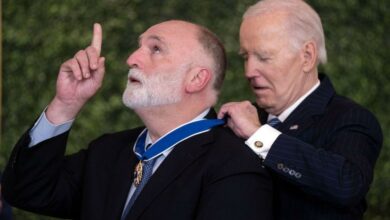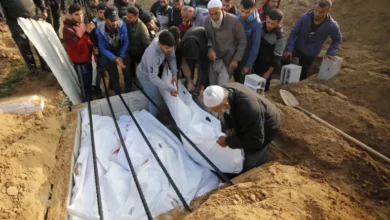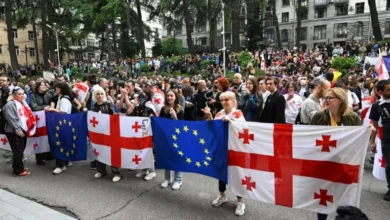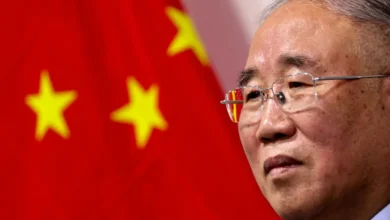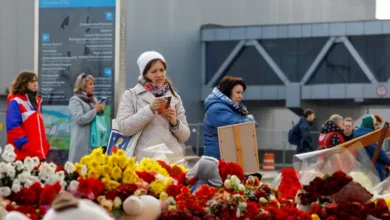Defence spending boost to see 18 NATO members hit target in 2024
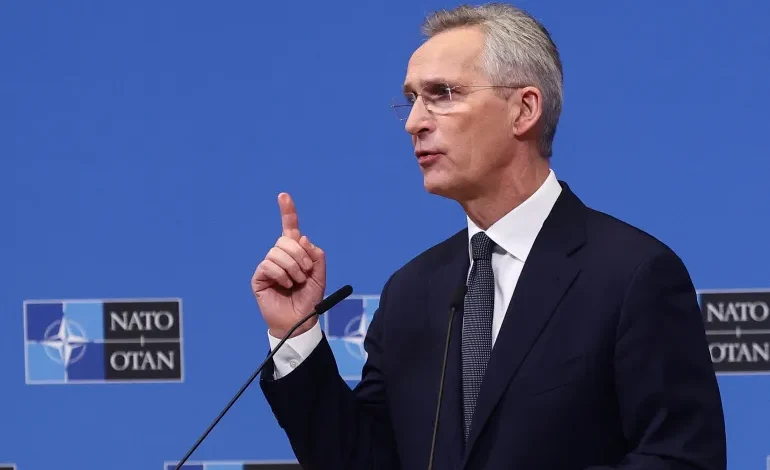
Eighteen NATO member states plan to meet the alliance’s target of spending the equivalent of 2 percent of gross domestic product (GDP) on defence in 2024, Secretary-General Jens Stoltenberg said.
Speaking in Brussels before a meeting of defence officials from NATO’s 31 members on Wednesday, Stoltenberg noted that the number of states meeting the threshold has risen rapidly amid Russia’s seizure of Ukrainian territory and ultimately its full-scale invasion in 2022.
Concern that the return of former United States President Donald Trump to the White House has also encouraged a rise in spending.
“That is another record number and a sixfold increase from 2014 when only three allies met the target,” Stoltenberg said at a news conference.
Stating that US partners in NATO have raised spending by $600bn over the past decade, the alliance’s political chief also warned that Trump was undermining their security by calling into question Washington’s commitment to its allies.
Trump has long complained over the spending levels of NATO states. Over the weekend, the likely Republican candidate in November’s US election called into question the country’s willingness to support “delinquent” members of the alliance if they were attacked by Russia.
“We should leave no room for miscalculation or misunderstanding in Moscow, about our readiness and our commitment, our resolve to protect allies,” Stoltenberg said.
“NATO has the capabilities, we have the resolve to protect and defend all allies,” he continued. “We don’t see any imminent threat against any NATO ally.”
‘Sawing off the branch’
Germany’s Chancellor Olaf Scholz also criticised Trump’s comments. His Defence Minister Boris Pistorius said the Republican hopeful risked damaging transatlantic relations and could “ultimately saw off the branch on which America is sitting”.
The government in Berlin has boosted defence spending since 2022 and is allocating the equivalent of 71.8 billion euros ($76.8bn) on defence this year through regular and special budget outlays. The total defence spending sum is classified.
That will see Germany meet the 2 percent of GDP target for the first time since the end of the Cold War.
Stoltenberg also hailed Ukraine’s recent gains in the Black Sea as a “great achievement” after Kyiv said it had destroyed a Russian warship.
Ukraine has used unmanned navy drones packed with explosives to attack Russian warships to try to drive them out of parts of the Black Sea, making it possible for Ukraine to open a shipping corridor along a traditionally key export route.
The Kremlin declined to comment on Ukraine’s claims.
